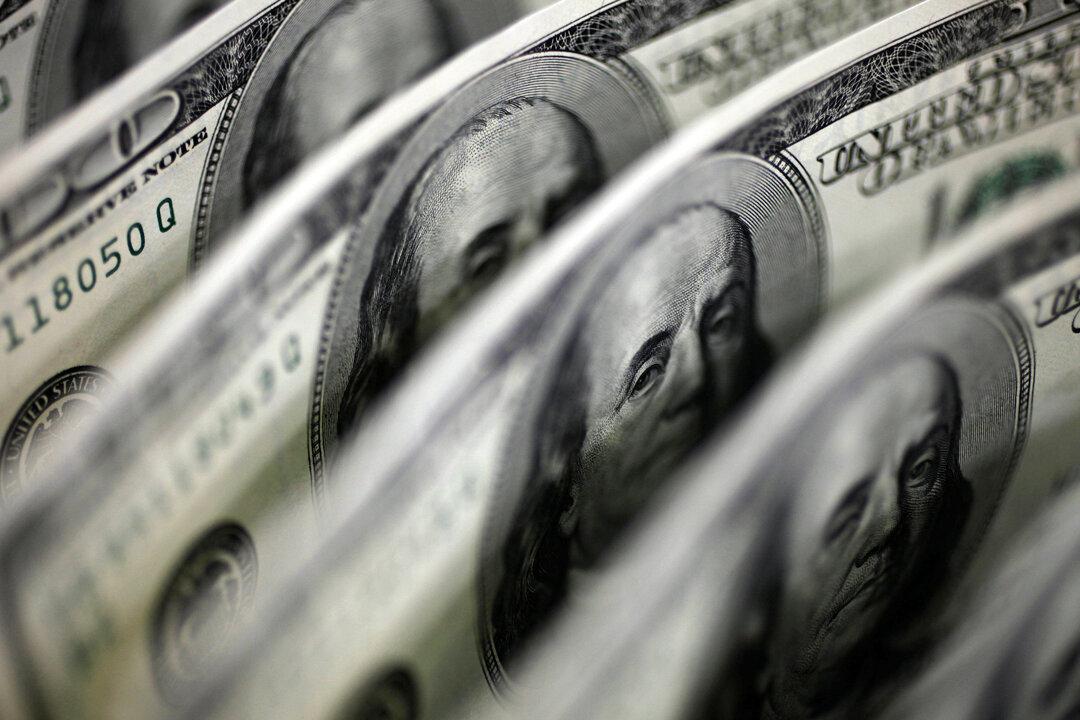The 500 richest people in the world increased their wealth in 2019 by an additional $1.2 trillion, according to the Bloomberg Billionaire Index.
The world’s wealthiest now own $5.9 trillion worth of assets, so around 25 percent more than in 2018.


The world’s wealthiest now own $5.9 trillion worth of assets, so around 25 percent more than in 2018.